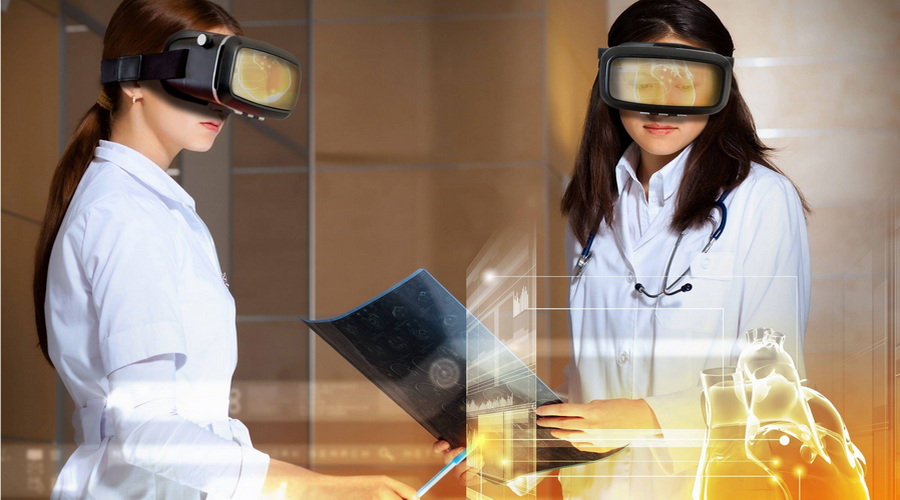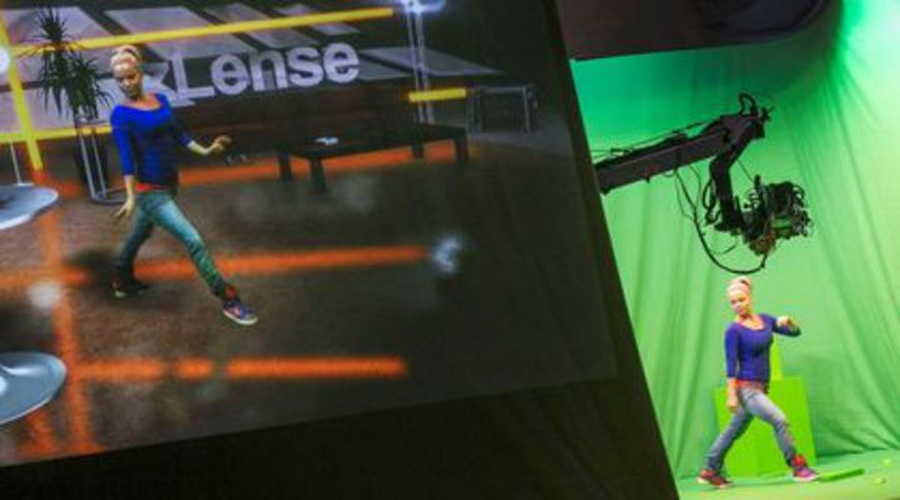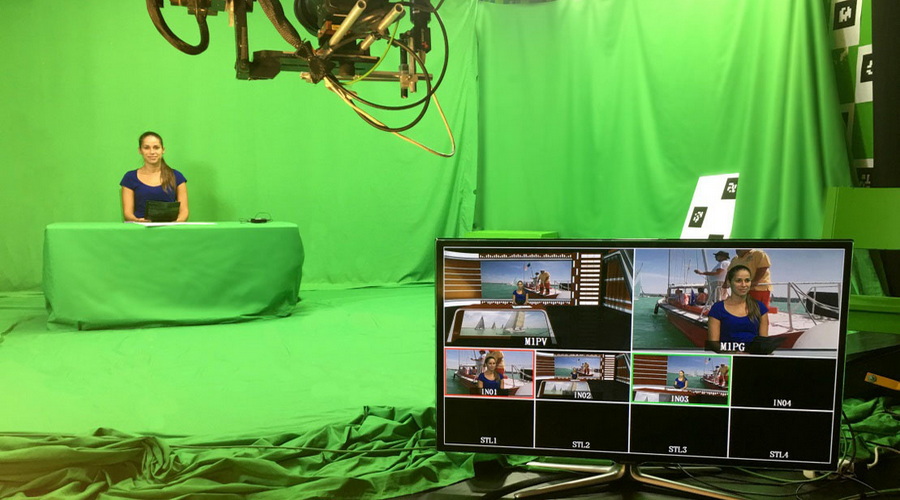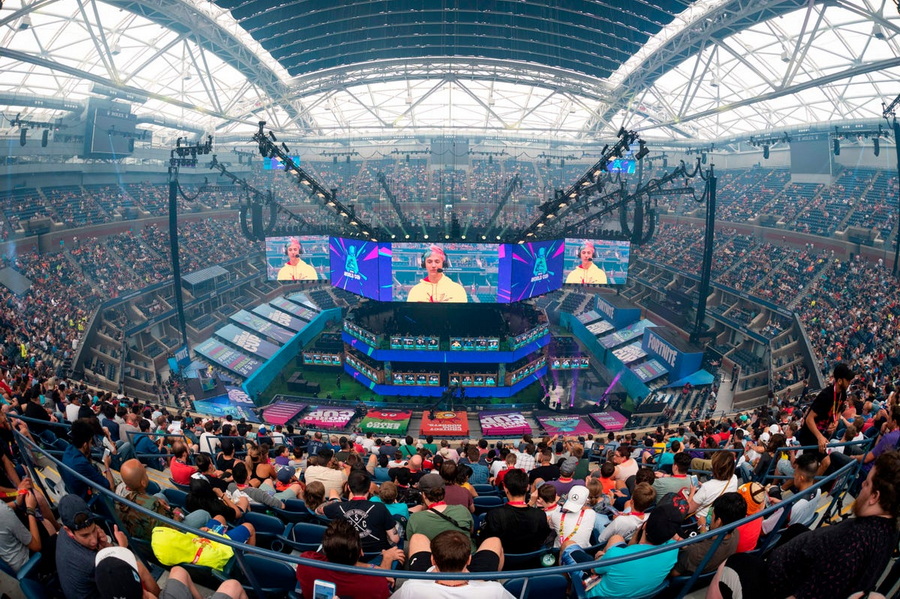New innovations in media engineering services
Virtual Reality (VR), Augmented Reality (AR), and Artificial Intelligence (AI) are among the most exciting and disruptive innovations in modern media engineering services. These technologies have changed and will revolutionize the way media is created, consumed, and distributed, and have created new opportunities for businesses and consumers alike.

Virtual Reality
Virtual Reality is a technology that creates an immersive, computer-generated environment that simulates a real-world experience. VR has been used in a variety of applications, from video games and entertainment to training simulations and medical treatments. In media engineering, VR has become an important tool for creating immersive experiences for consumers, such as television programs, sports, museums, education or even virtual shopping experiences.

Augmented Reality
Augmented Reality, on the other hand, is a technology that overlays digital information onto the real world, enhancing the user's experience of their surroundings. AR has been used in a variety of applications, from mobile apps and gaming to industrial training and education. In media engineering, AR has become an important tool for enhancing the consumer experience of products, such as using a mobile app to visualize how furniture would look in a room.

Artificial Intelligence
Artificial Intelligence is a technology that enables machines to learn from data and make decisions based on that learning. AI has been used in a variety of applications, from chatbots and voice assistants to autonomous vehicles and predictive analytics. In media engineering, AI has become an important tool for automating processes such as video editing, personalizing content recommendations, and analysing audience behaviour.

The Effects
The effects of these innovations on modern media engineering services are significant. They have enabled media engineers to create more engaging and immersive experiences for consumers and have opened new opportunities for businesses to reach their target audiences. VR, AR, and AI have also increased the efficiency and scalability of media engineering services, reducing costs, and allowing for faster turnaround times.
The effects of these innovations on modern media engineering services are significant. They have enabled media engineers to create more engaging and immersive experiences for consumers and have opened new opportunities for businesses to reach their target audiences. VR, AR, and AI have also increased the efficiency and scalability of media engineering services, reducing costs, and allowing for faster turnaround times. In conclusion, VR, AR, and AI are among the most exciting and disruptive innovations in modern media engineering services. They have transformed the way media is created, consumed, and distributed, and have created new opportunities for businesses and consumers alike. As these technologies continue to evolve, we can expect to see even more exciting developments in the world of media engineering.
